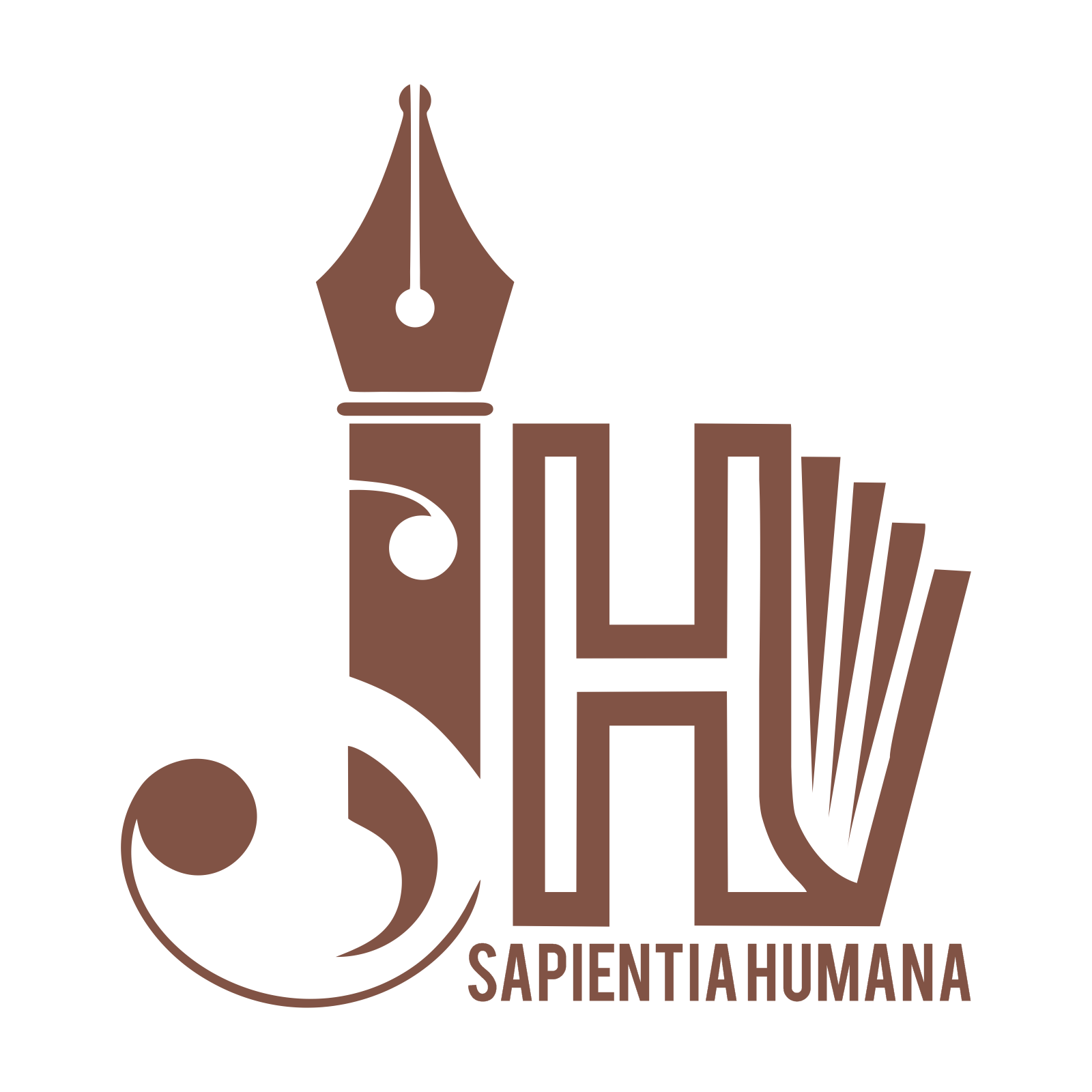Mircea Eliade dan Pemulihan Kekudusan
DOI:
https://doi.org/10.26593/jsh.v2i02.5895Keywords:
Profan, Kudus, Archaic, RepetisiAbstract
The era of borrowing Didi Kempot's ambyar reveals the symptoms and turmoil. Ambyar does not only captures politics, economics, and the environment, but even our religious ways are also ambyar. Religion let convey holiness or being a saint is considered irrelevant. In this age of ambyar, there is a tension between the holy (the sacred) and the profane (the profane). So, is it true that modern people cannot be sacred? This study analyzes this problem with the design of a literature study, in the approach of analyzing the philosophy of religion Mircea Eliade. The results of the study: through the central concept of restoring holiness with systematic stages, Eliade drew back the profane to the holy. The implications of such conclusions are 1) Modern society is often defined as a human being who affirms holiness and is attracted to the profane. Meanwhile, sacred events existed only in archaic times and were lived by archaic humans. Repetition is the key to the restoration of the profane world to the holy world. Repetition turns profane time into mythic time, past time into a re-experiential present. 2) We may still experience holiness in our daily lives in repetition, in the present moment. However, profanity and holiness are the existential choices of the man himself
References
Altizer, Thomas, J. J. (1962) “Mirceal Eliade and the recovery of the Sacred”. Penn State University Press Journal, The Christian Scholar, Vol. 45, No. 4 Winter.
CNN Indonesia. 2022. Media Asing Soroti Kasus Promosi Holywings Pakai Nama Muhammad-Maria. https://www.cnnindonesia.com/internasional/20220629180938-106-815183/media-asing-soroti-kasus-promosi-holywings-pakai-nama-muhammad-maria. (Diakses pada 29 Juni 2022)
Eliade, Mircea. (1958). Birth and Rebirth, trans. Willard R. Trask. New York: Harper & Brothers.
____________. (1958). Patterns In Comparative Religion, trans. Rosemary Sheed. New York:
Sheed & Ward.
___________. (1956). The Forge and the Crucible, trans. Stephen Corrin. Chicago and London:
The University of Chicago Press.
___________. (1958) Yoga: Immortality and Freedom, trans. Willard R. Trask. New York:
Pantheon Boks. Bollingen.
___________. (1959) Cosmos and History: The Myth of the Eternal Return, trans. Willard R.
Trask. New York: Harper Torchbooks.
___________. (1956) The Sacred and The Profane: the Nature of Primitive Religion, trans. Willard
R. Trask. New York: Harcourt, Brace & World, inc.
Kitagawa, Joseph M., Wendy D. O’Flaherty, Frank E. Reynolds. (1986). Mirceal Eliade (1907-86).
The University of Chicago Press Journal, History of Religions, Vol. 26, No. 1 Aug,
Sindhunata. 2019. Ambyar. https://www.kompas.id/baca/utama/2019/11/20/ambyar (Diakses pada
November 2019)











